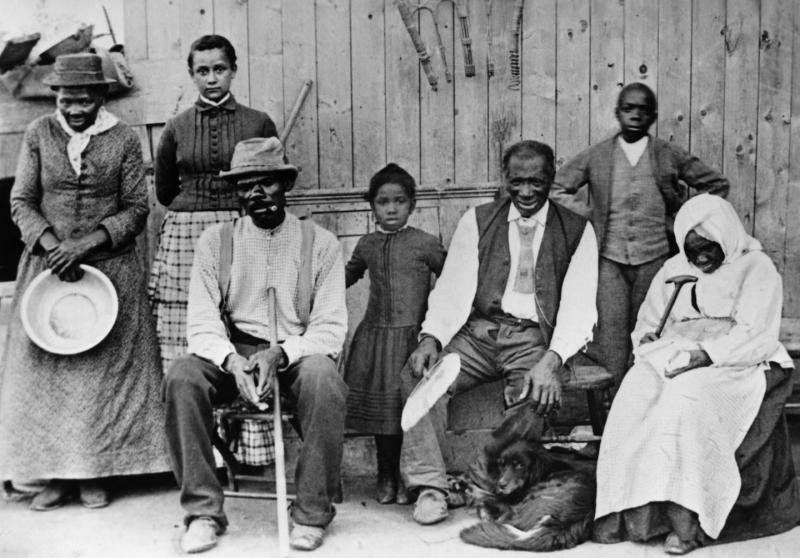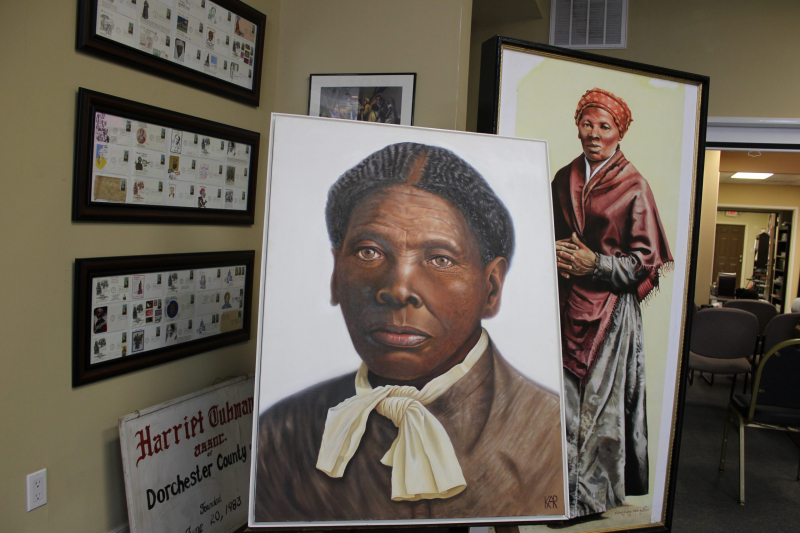She helped find a cure for dysentery
Harriet Tubman served as a healer, scout, and spy for the Union throughout the war, however, she is most remembered for leading slaves to freedom on the Underground Railroad and for her civil rights work after the war. Soon after the war began in 1862, Tubman traveled to South Carolina with a group of Northern abolitionists. There, she cared for hundreds of newly freed slaves who flocked to Union camps during the conflict as well as black troops.
During the battle, Tubman served as a nurse, treating the ill and injured. Dysentery, a condition characterized by excruciating diarrhea, claimed the lives of numerous hospital patients. If she could locate any of the same roots and herbs that thrived in Maryland, she was confident that she could assist treat the illness, an interesting fact about Harriet Tubman. By boiling water lily roots and other herbs to create a bitter-tasting beverage, Tubman used her knowledge of flora to create a remedy for the disease, which she subsequently administered to a dying man. The treatment was effective, and the patient gradually made a full recovery.
Because Tubman was illiterate, much of her efforts during the Civil War were described by others in the form of accolades. In a letter from 1864, Henry Durrant, the assistant surgeon in charge of the Unions Contraband Hospital in Beaufort, South Carolina, stated that he had known Harriet Tubman for nearly two years. "I frequently and frequently have the opportunity to watch her general demeanor, particularly her sympathy and concern to the sick and suffering of her own race, thanks to my job as a medical officer in charge of contrabands in this town and in hospitals", he said.









